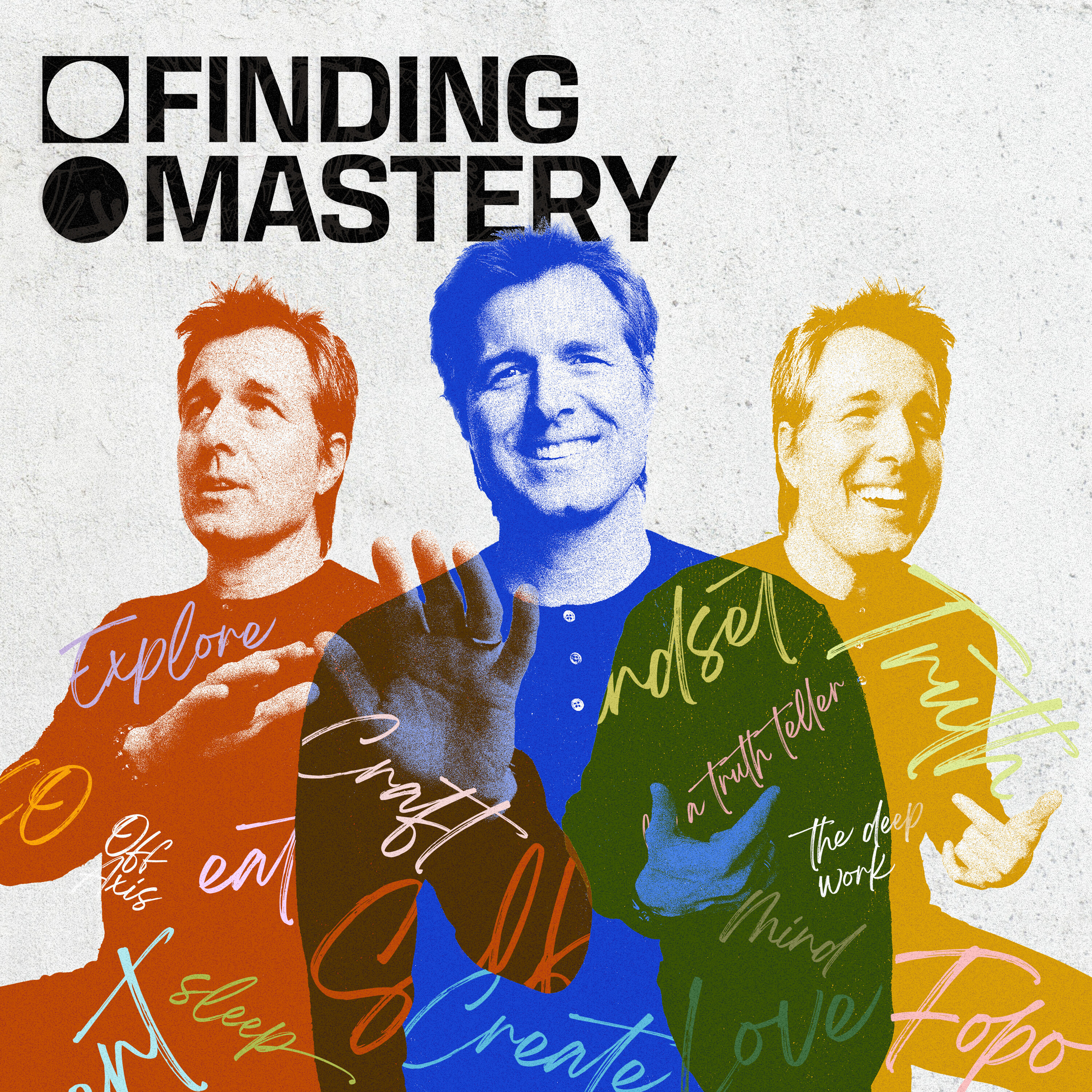
48: Meeting All Students Where They Are
04/25/24 • 54 min
Teachers have the opportunity to impact students in ways that can change the trajectory of their life. To do this, teachers have to be prepared to embrace students emotionally by knowing how to regulate their own emotional stability. Showing respect and a having willingness to care for them has profound impacts on students.
As you listen- What is trans-generational trauma?
- How can teachers implement effective communication strategies?
- What occurs in the brain when someone is dysregulated due to trauma?
- What should administrators focus on to transform their school?
- Why is it necessary for teachers to learn how to regulate themselves?
- Connect with Diane Website
Teachers have the opportunity to impact students in ways that can change the trajectory of their life. To do this, teachers have to be prepared to embrace students emotionally by knowing how to regulate their own emotional stability. Showing respect and a having willingness to care for them has profound impacts on students.
As you listen- What is trans-generational trauma?
- How can teachers implement effective communication strategies?
- What occurs in the brain when someone is dysregulated due to trauma?
- What should administrators focus on to transform their school?
- Why is it necessary for teachers to learn how to regulate themselves?
- Connect with Diane Website
Previous Episode

47: Integrating Social and Emotional Learning and Academics
The Takeaway
“SEL has five major components: self-awareness, self management, social management – the skills we use to manage relationships — and responsible decision making. There used to be this notion that you had your cognition — your rational side, your frontal brain — and you had your emotional side — you're limbic system — and they just fought for each other for dominance over decisions. But we now know that's not the case. Your emotions are deeply entwined with what you're paying attention to, how you're encoding information and memories. And your cognition is deeply entwined with how you're processing your emotions. And so this idea of the integration of social and emotional, and academic development is not just a catchphrase, it's really reflective of how we grow as human beings, incorporating and taking in cognition, emotion, as well as trying to solve problems.” — David Adams
Our guest David Adams is the CEO of The Urban Assembly. He started with the UA in 2014 as the Director of Social-Emotional Learning. In 2021, David received the Champion of Equity Award from the American Consortium for Equity in Education. David sits on the board of CASEL and is an author of The Educator’s Practical Guide to Emotional Intelligence, and a co-author of the textbook, Challenges to Integrating Diversity, Equity, and Inclusion Programs in Organizations. He is a Civil Affairs Officer in the Army Reserve and holds an M.Ed in Educational Psychology from Fordham University. As you listen- Given COVID and the trauma that many students carry, how can we best help to heal them?
- What is social-emotional learning (SEL) and how is it used to support students?
- What makes human interactions so critical, and why are students having difficulty establishing relationships after COVID-19?
- How are academics and emotion intertwined to benefit students?
- How do SEL skills help the school community?
CASEL - Collaborative for Academic and Social Emotional Learning
Connect with DavidIf you like this episode you’ll love
Episode Comments
Generate a badge
Get a badge for your website that links back to this episode
<a href="https://goodpods.com/podcasts/cultivating-resilience-380741/48-meeting-all-students-where-they-are-54360530"> <img src="https://storage.googleapis.com/goodpods-images-bucket/badges/generic-badge-1.svg" alt="listen to 48: meeting all students where they are on goodpods" style="width: 225px" /> </a>
Copy




